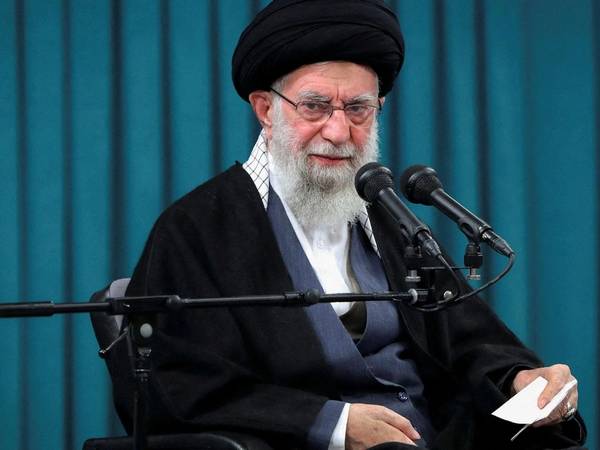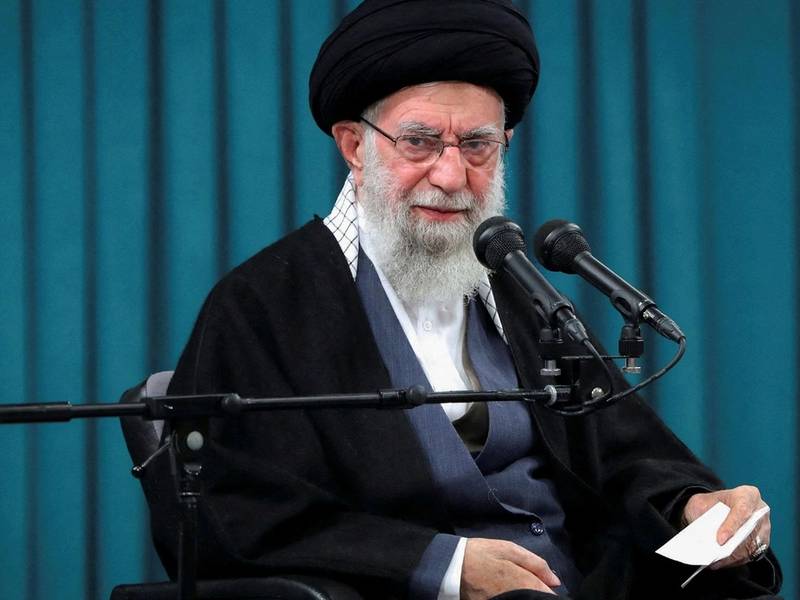Iran’s Foreign Minister Abbas Araghchi said Saturday that the country’s diplomatic corps now bears an even greater responsibility after Supreme Leader Ali Khamenei firmly rejected negotiations with the United States.
Speaking to a group of air force personnel in Tehran on Friday, Khamenei dismissed the idea of talks with Washington, saying, “Negotiating with such a government should not be done; it is neither wise, intelligent, nor honorable.”
His remarks seemed to undermine both US President Donald Trump’s call for a new nuclear deal and Iranian President Masoud Pezeshkian’s stated willingness to engage with Washington.
Araghchi thanked Khamenei for his guidance and said, "The Ministry of Foreign Affairs, in fulfilling its core duties and based on the three principles of dignity, wisdom, and expediency, will utilize all available capacities to advance a comprehensive, active, and effective foreign policy. This will be aimed at safeguarding national interests and security, as well as enhancing the country's strength and stature through political and diplomatic engagements."
The three principles Araghchi cited are the same ones Khamenei has used to justify rejecting negotiations with Washington.
Khamenei also accused the US of betrayal regarding the 2015 nuclear deal, from which Trump withdrew in 2018, reinstating the "maximum pressure" policy earlier this week despite signaling a preference for a new agreement.
In response to Khamenei’s speech, Araghchi said that his words, as always, serve as a guide for government officials, particularly within the Ministry of Foreign Affairs.
“His Excellency’s recognition of our efforts is a source of pride, but it further heightens our critical responsibility in advancing the lofty goals of the system in the realm of diplomacy and foreign policy,” Araghchi said.
Khamenei has the final say in all state matters, but specially regarding the country's foreign policy and control of the military.

